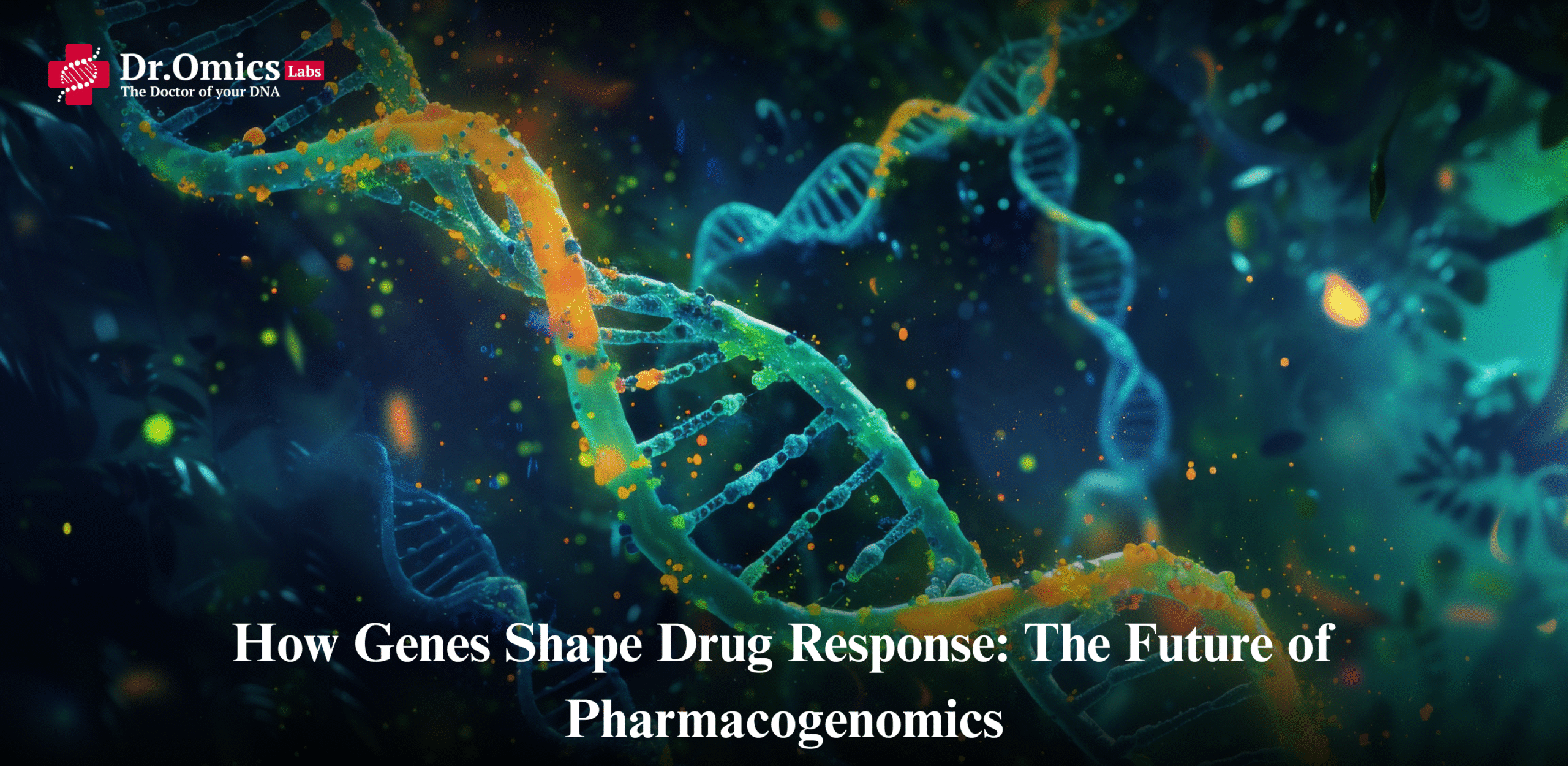Why do some people respond well to a drug while others experience side effects or no benefits at all? The answer often lies in our genes. The study of how DNA influences drug effectiveness and safety is known as pharmacogenomics, and it is transforming the way we approach medical treatments. The pharmacogenomics future points toward safer, smarter, and more effective use of medicines tailored to individual patients.
Genetics and Drug Response
Not everyone’s body processes medications the same way. Genetics and drug response are closely linked because:
- Variations in genes affect how quickly or slowly a person metabolizes drugs.
- Some genetic changes influence whether a drug will be effective at all.
- Others determine the likelihood of side effects or adverse reactions.
For example, two patients taking the same painkiller may have entirely different outcomes—one finds relief while the other feels no effect or suffers harmful reactions.
DNA Testing and Drug Choices
With the rise of DNA testing for drugs, doctors can now identify how a patient’s genetic profile impacts their response to specific medications. This testing can answer critical questions such as:
- Will the drug work effectively?
- Should the dosage be higher or lower than the standard?
- Is there a risk of severe side effects?
Such insights help physicians avoid the trial-and-error method of prescribing and move toward targeted, personalized care.
Personalized Prescriptions: A New Standard
The goal of pharmacogenomics is to provide personalized prescriptions. Instead of one-size-fits-all treatments, patients will receive therapies designed for their unique genetic makeup. This approach offers multiple benefits:
- Faster recovery due to optimized drug selection.
- Reduced risk of harmful drug reactions.
- Improved patient confidence and compliance with treatment.
- Lower healthcare costs by eliminating ineffective prescriptions.
Pharmacogenomics Future: What Lies Ahead
The pharmacogenomics future is filled with promise. As research expands and testing becomes more accessible, genetic data will likely be integrated into routine medical records. Doctors could run a pharmacogenetics test before prescribing any medication, ensuring precision right from the start. This advancement not only improves individual care but also shapes public health strategies by reducing adverse drug events globally.
Conclusion
Our genes play a vital role in determining how our bodies respond to medicines. The emerging science of pharmacogenomics—powered by insights into genetics and drug response, DNA testing for drugs, and personalized prescriptions—is paving the way for a healthcare revolution. As highlighted in this pharmacogenetics blog, the future of medicine lies in precision, ensuring safer treatments and better outcomes for everyone.




